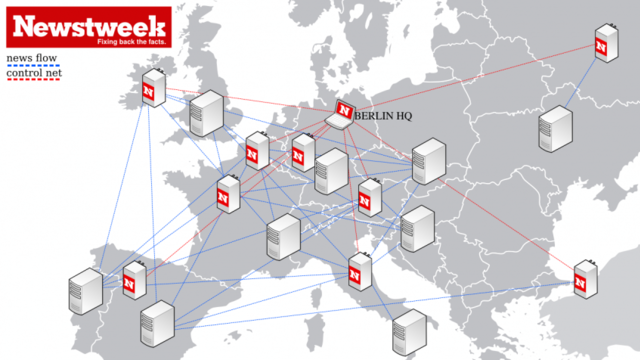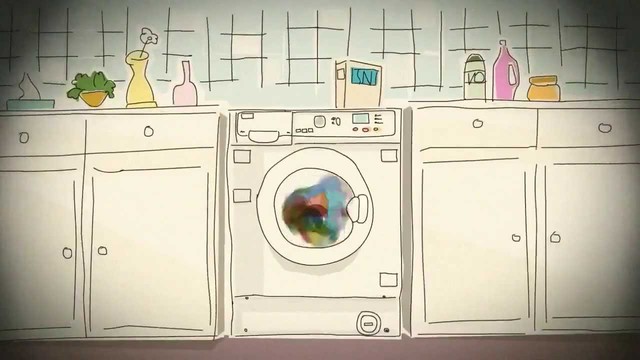article
Among the many troubling and bizarre features of contemporary politics, the following apparent paradox can be found: Informationalisation has brought along enormous increases in the traceability of the doings and dealings of the powerful. But the disruptive power of the exposure of these activities to the public, today seems especially low. After information technology, the going about of those in power and their abuses, are increasingly documented, and the resulting records are increasingly susceptible to leakage to the public. Email is an obvious example. In the run-up to the last Iraq war, a message by an official of the National Security Agency (NSA), which requested ? aggressive surveillance ? of UN Security Council Members Angola, Cameroon, Chile, Bulgaria and Guinea, made its way to the newspapers.
Read

